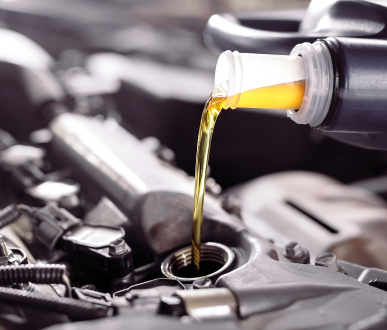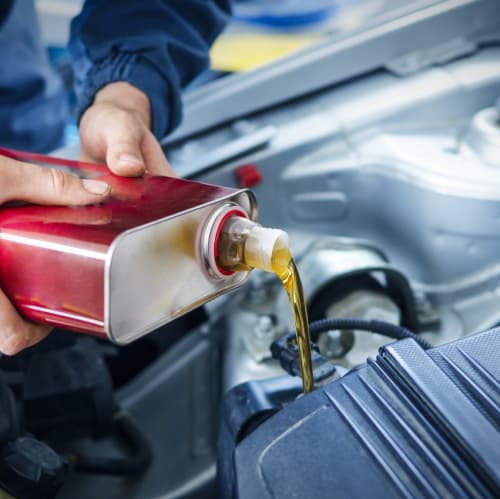
Proper car maintenance is essential for ensuring the longevity and optimal performance of your vehicle. Among the crucial maintenance tasks, regular oil changes and scheduled servicing play a significant role. In this article, we will explore the importance of timely oil changes and regular servicing to keep your car running smoothly and protect your investment.
The Frequency of Oil Changes: Oil serves as the lifeblood of your car’s engine, lubricating its moving parts and preventing excessive friction and wear. Over time, however, oil becomes contaminated with dirt, debris, and combustion byproducts, reducing its effectiveness. To maintain engine health, it is recommended to change the oil at regular intervals.
General Guideline for Oil Changes: While the specific recommendations may vary depending on the vehicle’s make, model, and driving conditions, a general guideline is to change the oil every 3,000 to 5,000 miles (or every 4,800 to 8,000 kilometers) or every six months, whichever comes first. However, it’s crucial to consult your vehicle’s owner’s manual or manufacturer’s recommendations for the accurate interval that suits your car.
Benefits of Regular Oil Changes:
- Engine Protection: Fresh, clean oil provides optimal lubrication, reducing friction and wear on engine components. This helps prevent costly damage and extends the lifespan of your engine.
- Enhanced Performance: Clean oil promotes smoother engine operation, resulting in improved fuel efficiency, power, and overall performance.
- Fuel Economy: Regular oil changes help maintain fuel efficiency by reducing engine friction and ensuring the engine operates at its peak efficiency.
- Environmental Friendliness: Regular oil changes contribute to reducing harmful emissions by keeping the engine running efficiently and preventing excessive fuel consumption.
Scheduled Car Servicing: Apart from oil changes, regular car servicing is crucial to maintain its overall health. This typically involves a comprehensive inspection and maintenance of various components, including filters, fluids, brakes, tires, belts, and more. While specific service intervals may vary, it is generally recommended to service your vehicle every 12 months or every 10,000 to 15,000 miles (or 16,000 to 24,000 kilometers), whichever comes first.
Benefits of Regular Car Servicing:
- Safety: Regular servicing ensures that critical safety components such as brakes, tires, and suspension are in optimal condition, reducing the risk of accidents.
- Preventive Maintenance: Through regular servicing, potential issues can be identified and addressed early on, preventing costly breakdowns and major repairs in the future.
- Longevity: Timely maintenance helps extend the lifespan of your vehicle, allowing you to enjoy it for many years to come.
- Warranty Compliance: Following the recommended servicing intervals helps maintain your vehicle’s warranty coverage, giving you added peace of mind.
Conclusion: Regular oil changes and scheduled car servicing are vital for the health and longevity of your vehicle. By adhering to the recommended intervals, you can protect your engine, enhance performance, improve fuel efficiency, and ensure your car operates at its best. Consult your owner’s manual or seek advice from a trusted automotive professional to create a maintenance schedule that suits your specific vehicle and driving conditions. Remember, a little investment in regular maintenance goes a long way in preserving the value and reliability of your car.



Comments are closed